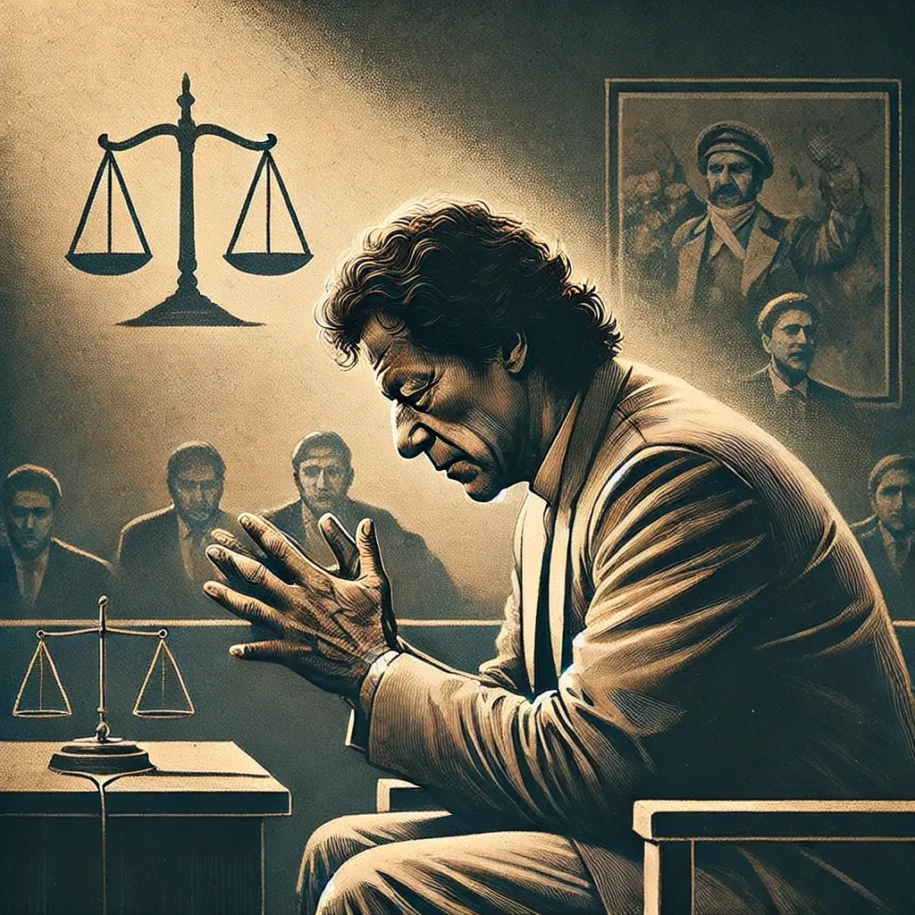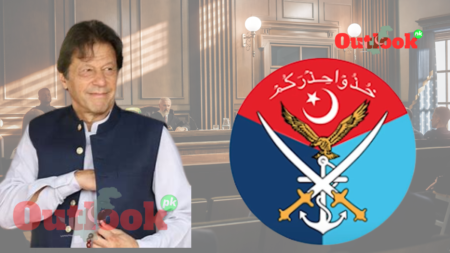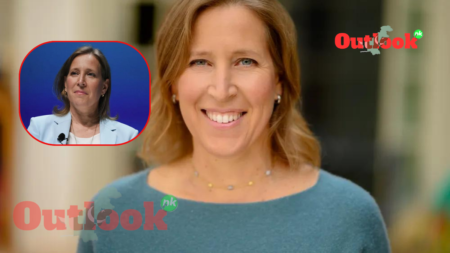In the turbulent political landscape of Pakistan, Imran Khan, the founder of the Pakistan Tehreek-e-Insaf (PTI) party, has made a significant move by expressing his willingness to offer a conditional apology concerning the violent events of May 9, 2023. These riots, which erupted following his arrest, marked a pivotal moment in Pakistan’s political discourse, raising questions about accountability, political strategy, and the role of military influence.
Understanding the May 9 Protests
The May 9 protests were triggered by the arrest of Imran Khan from the Islamabad High Court in connection with a corruption case. These demonstrations rapidly escalated into violence, resulting in attacks on public properties, including military installations. This prompted the civil and military leadership to initiate legal proceedings against the rioters under the Army Act.
The PTI leader has consistently distanced his party from these events, suggesting that the riots were premeditated and orchestrated to justify a crackdown on his party. This narrative plays into the broader theme of political victimization that Khan has often highlighted in his speeches and interviews.
Conditional Apology: What Does It Entail?
Imran Khan’s offer to apologize comes with specific conditions. He demands the production of CCTV footage to confirm the involvement of PTI activists in the violence. This stance indicates a strategic move to uphold his party’s image while also demonstrating a willingness to hold his supporters accountable if evidence proves their involvement.
Khan stated, “I will sack and myself seek punishment for the PTI members if they were found involved [in the May 9 incidents].” This shows a delicate balance between maintaining party loyalty and addressing public concerns over the riots.
The Role of CCTV Footage
CCTV footage is central to Imran Khan’s conditional apology. By requesting its release, he seeks to provide an objective basis for assessing the events of May 9. This approach aims to ensure transparency and accountability, reflecting Khan’s legal and political strategy to counter allegations against his party.
Political Rhetoric and Changing Dynamics
Khan’s recent statements mark a shift in his political rhetoric. Previously known for his fiery speeches and confrontational stance, Khan has now softened his tone, indicating a willingness to engage in dialogue with the military. This change reflects the evolving political dynamics in Pakistan, where the military holds significant influence over political affairs.
In an interview with Reuters, Khan emphasized the importance of having “excellent” relations with the army, stating that “it would be foolish not to foster such a relationship.” This pragmatic approach underscores the complex interplay between political leaders and military institutions in Pakistan.
Criticisms and Clarifications
While Khan has criticized individual military leaders, he clarified that his critiques were not directed at the military as an institution. He stressed that the miscalculations of military leadership should not reflect on the institution as a whole. This distinction is crucial in navigating the intricate relationship between civilian politicians and the military establishment.
Engaging with the United States
In a significant development, Imran Khan has expressed a willingness to mend ties with the United States, despite previously blaming the country for his ousting in 2022. In written responses to Reuters, he emphasized the strategic importance of maintaining positive relations with the US, given Pakistan’s geographical position and the military’s significant role in the private sector.
“We are proud of our soldiers and armed forces,” Khan stated, highlighting his respect for the military’s role in national security while advocating for improved diplomatic relations with the US.
Negotiations and Future Prospects
Khan’s offer to engage in conditional negotiations with the military hinges on two key demands: the holding of clean and transparent elections and the dismissal of what he describes as “bogus” cases against his supporters. This proposal underscores Khan’s strategic maneuvering to regain political ground while addressing the legal challenges faced by his party members.
The PTI founder’s admission of PTI activists using petrol bombs during the May 9 riots at his Zaman Park residence in Lahore adds a layer of complexity to the situation. While acknowledging this isolated incident, Khan remains firm that such actions were not widespread across the country.
Responding to Accusations and Seeking Accountability
During interactions with reporters, Khan addressed accusations of corruption and funding anti-Pakistan campaigns, which he attributed to political rivals and foreign influences. He reiterated the need for accountability, particularly concerning the involvement of PTI members in the May 9 incidents.
Khan’s call for identifying party office-holders involved in the riots through CCTV footage reflects his commitment to transparency and justice. By emphasizing accountability within his party, Khan seeks to rebuild trust among his supporters and the general public.
Comparing with Regional Contexts
Drawing parallels with regional events, Khan referenced the ouster of Bangladesh’s Prime Minister Sheikh Hasina following student protests. He highlighted the precarious political situation in Pakistan, suggesting that the country is on the brink of significant change.
Khan’s mention of Sheikh Mujib-ur-Rehman, Bangladesh’s founding leader, sparked debate among journalists. He clarified that his remarks were based on historical findings from the Hamood-ur-Rehman Commission, distancing himself from any personal assertions.
Concluding Thoughts
Imran Khan’s conditional apology and evolving political stance underscore the complexity of Pakistan’s political landscape. His willingness to engage in dialogue with the military, mend ties with the United States, and seek accountability within his party reflects a strategic approach to navigating the challenges posed by the May 9 protests and their aftermath.
As Pakistan continues to grapple with political uncertainties, Khan’s actions and statements will likely shape the country’s future trajectory. By balancing accountability, diplomacy, and political maneuvering, Imran Khan aims to reclaim his position as a formidable force in Pakistani politics.
FAQs
What triggered the May 9 protests in Pakistan?
The May 9 protests were triggered by the arrest of Imran Khan in connection with a corruption case, leading to widespread demonstrations and violence.
Why is Imran Khan offering a conditional apology?
Imran Khan’s conditional apology is linked to the alleged involvement of PTI activists in the May 9 riots. He seeks the release of CCTV footage to confirm their participation before taking action.
How has Khan’s political rhetoric changed recently?
Imran Khan has softened his political rhetoric, expressing a willingness to engage in dialogue with the military and improve relations with the United States.
What are Khan’s conditions for negotiations with the military?
Khan’s conditions for negotiations include holding clean and transparent elections and dismissing cases against his supporters.
How does Khan view the role of the military in Pakistan?
While critical of individual military leaders, Khan respects the military as an institution and acknowledges its significant role in Pakistan’s political landscape.
What parallels did Khan draw with regional events?
Khan compared Pakistan’s political situation to Bangladesh’s student protests that led to the ouster of Prime Minister Sheikh Hasina, suggesting potential significant changes in Pakistan.
By addressing these complex issues, Khan aims to navigate the challenging political terrain of Pakistan, seeking to restore his party’s credibility and influence.







